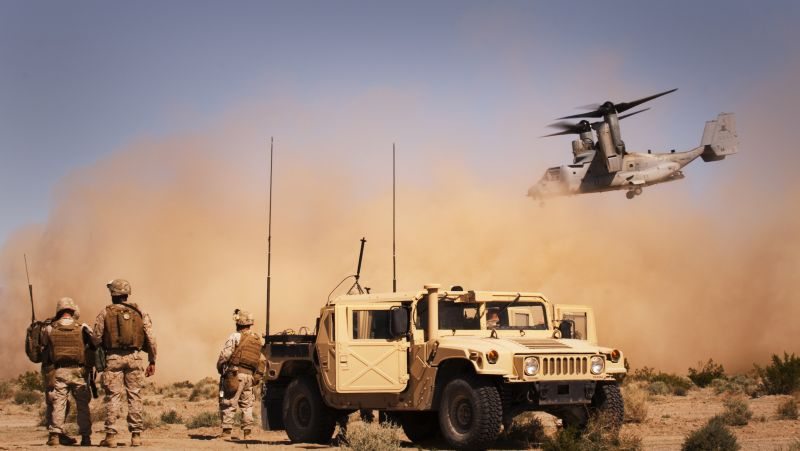The man who oversaw the logistics of the military withdrawal from Iraq sees a greater challenge coming in the Afghan drawdown, describing it as ‘huge”.
Frank Kendall, the undersecretary of defense for acquisition, technology and logistics, told reporters logistics is a much bigger part of his job than he thought it would be.
“The aphorism that amateurs worry about tactics and professionals worry about logistics is very true,” Kendall said.
“We have a huge logistics challenge getting out of Afghanistan.” That challenge, he said is different than the one involved in the withdrawal from Iraq.
Kendall oversaw the Iraq effort as the principle deputy undersecretary for acquisition, technology and logistics. “That was a piece of cake compared to what we have to do in Afghanistan. This is a much more difficult job.”
Afghanistan is a land-locked country and the United States, NATO countries and coalition partners have sent mountains of equipment and supplies there since operations began in 2001. Now the coalition effort is drawing down as Afghan forces increasingly take over security. By the end of the summer, 23,000 additional American service members will leave, as well as those from many coalition nations. Combat operations are to wind down next year, and all coalition combat operations are set to conclude at the end of 2014.
The recent reopening of supply lines through Pakistan has helped, Kendall said. “Hopefully they will stay open and we will be able to use them,” he said. “We’ve gone a long way towards negotiating agreements to help in the Northern Distribution Network. There’s still some work to be done there. But that also will help.”
The U.S. military has been planning the maneuver for months, and an exercise is underway.
There are things that make the Afghan operation more difficult than the effort in Iraq and some that make it easier, Kendall said. “One of the things that made the Iraq situation easier was, of course, you could just drive in to Kuwait, park things in Kuwait and then ship them wherever you had to,” he said.
“It’s not quite as easy to get out of Afghanistan, but on the other hand, we expect to have a more enduring presence in Afghanistan,” he said. “So we will be able to move material out at a pace, which is perhaps more reasonable.”
Materiel may be shipped out past the December 2014 deadline, Kendall said. “I think because of the physical constraints we will probably do that,” he said.
“One of the reasons we are going to need overseas contingency funds beyond 2014 is that we’re going to have to do the logistics job – not just in getting the equipment we want out – but in refurbishing it when we get it back,” he added.










